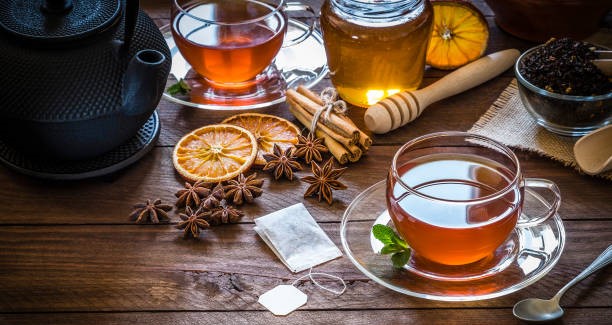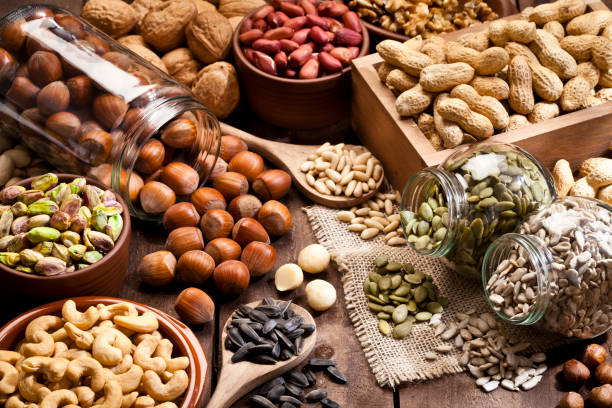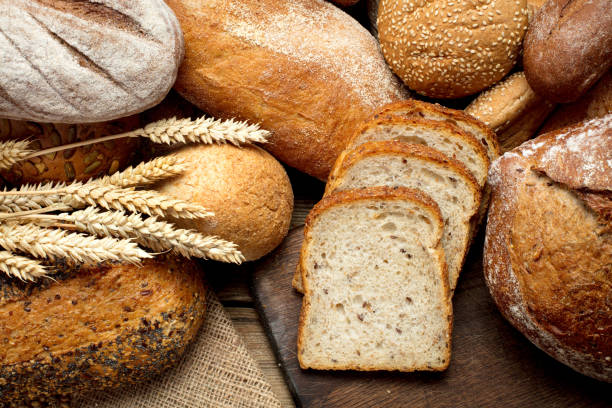Adopting a routine of shifting the diet, activities and daily routine at the end of winter according to your body's needs will allow it to enjoy and not suffer through spring
The spring season is unfortunately known to many people as allergy season. Many illnesses take over the body in some people, yet not others. While the quantity of pollen increases in the air during the spring, some are heavily affected while others remain cool and un-itchy. Those who suffer from allergies experience fever, cold, flu, headaches, skin breakouts and respiratory allergies. Persons with weak immunity of the lungs are more careful during this season, as they are prone to bronchitis and chronic coughs and post-nasal drip.
Ayurveda reminds us that our food choices and general dietary habits strongly influence our respiratory and oral-nasal health by introducing dosha imbalances as the weather heats up, the winds increase, and ice turns to water and humidity.

Spring is closely aligned with kapha dosha aggravation in most locations, because the congealed phlegm and mucous of cold season thaws with the increasing temperature of the environment and tends to melt the excess accumulated kapha lingering in the unbalanced body. People with good digestive fire and exercise routines through the winter tend to digest the kapha and use it to moisten the joints and tissues during the dry winter. But those storing the excess kapha result in suffering from colds, congestion, fever and different allergies in the body. The spring seasonal Ayurvedic routine assists overcoming kapha challenges to bring balance in the internal doshas using the external environment.
To lighten the body for new growth and to shed off the winter layers of inertia, Ayurveda suggests specific guidelines.
- Just as the rising sun gives bloom to new life in nature, our mind is boosted with energy and new vigor for life when we wake up to see the rising sun. We should spend time with the morning light especially the red and orange rays, to energize the body-mind and relieve sluggishness in the body. This should be done an hour before any food intake.
- Empower your lungs and breath with pranayama practices and yoga aasanas to rid excess kapha in the body-mind and bring balance the body's kapha Slow, purposeful, mind-connected movement removes sluggishness and fills the body with useful warmth and energy. This should be done before any food intake.
- Ayurveda suggests udavartana in this season for those who have some excess fat or kapha just under the skin. Udavartana is the pre-bath practice of rubbing the body with dry herbal powders after applying a very thin sheath of unrefined oil. This body brushing helps remove dead skin cells and increases the blood circulation in and under the skin. The accumulated kapha underneath the skin melts and takes toxins with it, enhancing the skin health and providing a lustrous glow. This should be done a half hour before bathing, and food intake should be done after the bath.
- Eating lean foods allows excess kapha to leave the body. Replace heavy, sweet, sour, salty and oily foods with light, astringent and bitter foods. Focus on this principle of rasas – the taste experience -- detoxifies and rejuvenates the body because heavy, sweet, sour, salty foods increase kapha.
- In the early morning, drink freshly-boiled water brought naturally down to warm temperature. Just before drinking, add some honey and lemon to start a healthy day by balancing excess kapha.
- Replace caffeinated tea with herbal teas (called tisane) containing fennel, cumin, coriander, ginger, dandelion, black pepper and long pepper to enhance metabolism. These spices increase digestive fire and unclog the channels in the body.
- Include spices like ginger, cardamom, mustard, black pepper, asafoetida in the diet because they increase digestive fire, lower high blood sugar, cut through clogged channels, and lower excess wind in the gut.
- Reduce the intake of meats and heavy meat preparations, avoiding beef, pork and lamb, as they are heavy to digest. Avoid fish as they are generally heating to the body.
- Avoid intake of curd, bread, nuts and other bakery items. Curd/yogurt is heating and clogs the channels of the body. Bread is heavy to digest and constipates the body. Nuts are heavy to digest. Bakery items are filled with preservatives in the modern day due to processed white flour, insecticides in flour, and granulated processed sugar.
- Choose seasonal fruits. If you are prone to phlegm in your sinuses or throat, reduce the intake of watery fruits and vegetables like cucumber, oranges, melons and coconuts, especially in the evenings, until your excess kapha dries out.
- Intermittent fasting followed by a light diet promotes weight loss in the spring season.
- Daytime napping should be avoided, especially lying down, as it enhances kapha and kapha-related problems in the body. If you need to rest, recline in an armchair with your legs elevated.

Ayurveda also uses detoxifying procedures during the spring season known as panchakarma therapies, which must be undertaken under the supervision of a competent and experienced ayurveda expert. Foods chosen as the body is detoxifying add or subtract layers of residue from the channels of the body, either aiding or debilitating the work of detoxification.
Spring is regarded as the king of all the seasons for its beauty and celebration of new life. It can be enjoyed by following seasonal dietary regimens and used to turn illnesses around by understanding their gunas and doshas. Adopting a routine of shifting the diet, activities and daily routine at the end of winter according to your body's needs will allow it to enjoy and not suffer through spring. By following a spring diet, the body gets properly prepared for the heat of the forthcoming summer season, without aggravated doshas and with good health and minimal concerns.







